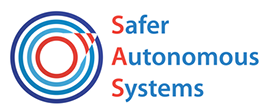The first conference is a moment of discovery for a researcher, repaying months of hard work, revealing how the academic world works, and generating new ideas for the papers of tomorrow from discussions with peers. A conference is also a place where industry and academia can meet and join forces to solve problems relevant to both worlds.
This post is about the road leading to, and my experience at, my first international conference, The 30th International Symposium on Software Reliability Engineering (ISSRE 2019), which
was held in Berlin between the 28th and 31st of October. ISSRE is a rank A conference and focuses on software reliability (for a definition and an overview please refer to Avizienis 2004), but covers other topics as well, such as testing, which is the subject of my PhD.
The steps before the conference
Attending a conference is the culmination of a process that can last more than half a year. The process begins when the organizers issue the Call for Papers (CfP), where the topics of interest for the conference are specified. If a researcher is working on one of the topics of the CfP, has some results, and is writing a paper to publish them, the researcher can submit the paper, which will go through various steps to ensure its quality and relevance to both the conference topics and the scientific community. If the paper has potential but some aspects must be improved, the reviewers will point them out. If the paper fails to live up to the standards or the contribution is not worthy it will be rejected. If a researcher does not have enough material to write a paper at the moment, it is also possible to attend a conference without submitting a paper, participating just to be updated on the state of the art or to attend a workshop or a tutorial. In the case of ISSRE it was possible to submit a paper to the tracks focused on research, industry, fast abstracts, and to the doctoral symposium, or attend seven workshops and five tutorials.
In my case, I decided to submit a student paper of four pages describing my line of research to the Doctoral Symposium track in order to get feedback from people with more experience in the field. The paper was accepted, and I received comments from the reviewers specifying where to improve the clarity of the explanation. After sending the camera-ready version, that is the final version, I organized the travel with the help of the CNRS office and prepared my presentation. The conference was scheduled for Monday, October 28, but I traveled to Berlin two days in advance to visit the city during the weekend and relax before the beginning of the conference.
The true conference experience
After the relaxing weekend, the first day of ISSRE I attended the Doctoral Symposium, where doctoral students presented their research and got suggestions from the committee. There, I also presented my paper (Fig. 1) and at the end of the day there was an interactive session with a panel of experts.
During the day the other tracks were running in parallel and the researchers were attending them or the workshops and tutorials, changing track based on their interest.
Summarising the day, the main takeaways of the Doctoral Symposium is that the difficulties that I am facing during the PhD are common to all the PhD students and the supervisors are willing to help. The professors at the DS explained how they can help PhD students and how communication is key, because often the students try to solve the problems on their own, without asking advice to their supervisors, who have been in similar situations and could give information that could save precious time and reduce stress. In a nutshell, supervisors want to have clear communication with the PhD students, because if they are not aware of the problems, they cannot help. Moreover, at the DS it was possible to see PhD students at the various stages of the PhD, from people who had just started to people almost at the end, and Professors who gave a different perspective about their past PhD, showing how they would have approached the problems that they faced with the knowledge that they have obtained during their career.
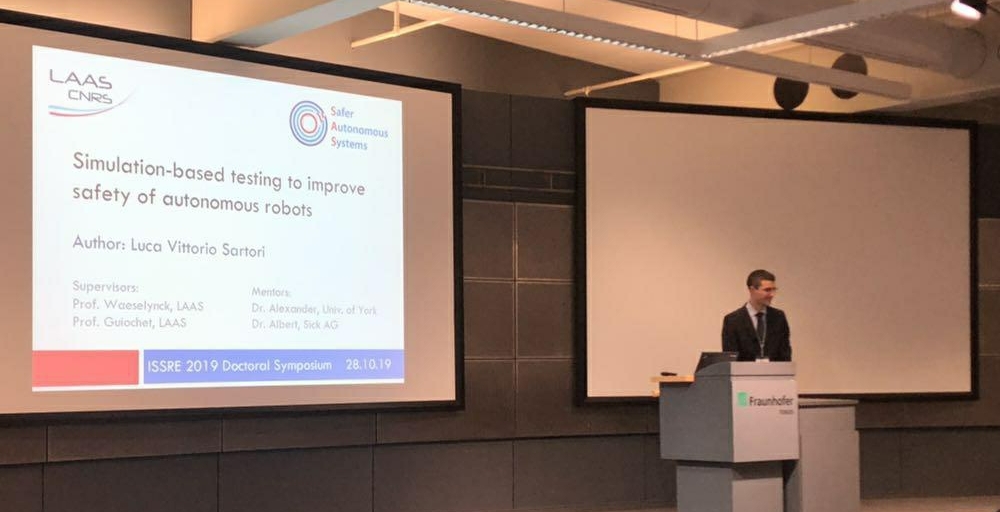
Figure 1. Paper presentation at the Doctoral Symposium of ISSRE 2019 | © Naser Ezzati
The second day there was a keynote titled “Challenges and Advancements in Arguing The Safety of Autonomous Driving” from Simon Burton, Chief expert at Robert Bosch GmbH. Just for the sake of completeness, keynotes are made to make researchers think and to stimulate further discussion. After the keynote, I followed the best research papers nominees and after lunch I attended the research track on “Failure/fault root cause analysis”.
The third day I followed the industry track and a keynote titled “Holistic Fault Tolerance” from Alexander Romanovsky, Professor at Newcastle University. In the afternoon, I attended the fast abstracts track and research track, which focused on software testing that specific day. The evening of the third day there was a banquet in a historical building with all the attendees. It was a convivial moment with a nice meal and a lot of fun, as can be seen in Fig. 2.
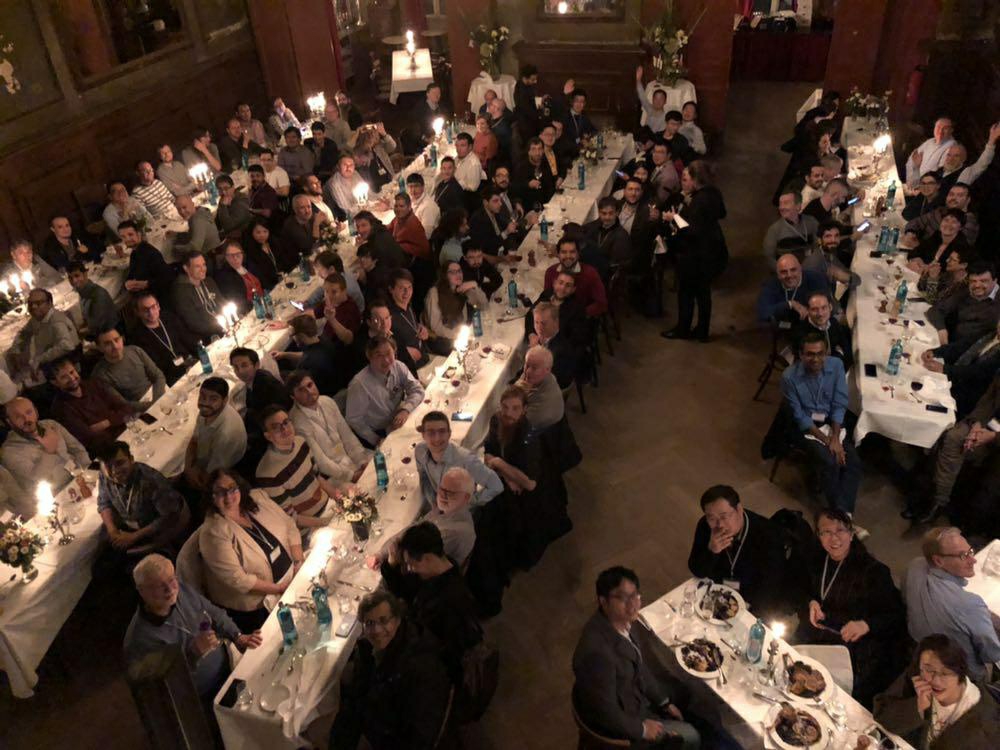
Figure 2. ISSRE banquet in the Hall of Mirrors in Clärchens Ballhaus | © Michel Cukier
The fourth day I attended the research track, a keynote titled “Machine Learning for Dependability Management” from Lydia Y. Chen, assistant Professor at TU Delft, and a panel with experts from the industry who were receiving questions from the academics. After the closing session, I packed my newly acquired knowledge and flew back.
Summing up the four days of the conference
What I can say about these days is that even if it is a medium-big sized event with around 200 attendees, the organisation was flawless and the flow of topics was coherent and kept me interested. I sincerely thank all the organizers and participants who made this conference an experience that I will never forget. I sincerely hope to be able to submit a paper for ISSRE 2020 in Wuhan, China, and be able to attend it. But before being carried away by the enthusiasm, I will explore in the next paragraph that attending the conference made me realize the importance of meeting face to face with other researchers.
Why is a conference so important?
I think that the first conference in the life of a PhD student is a landmark, since it is the first time that the researcher is immersed in such a dynamic environment and the rate of brain stimulation
is inebriating.
Usually a PhD student carries on research alone and interacts mostly with the professors or other researchers and students in his/her group, so attending a conference gives hope and inspires to improve, to work harder, and to compare yourself with different mind-sets.
A downside of a conference is that a lot of topics from different domains are discussed, and there are also niche areas with just a few researchers in the world working on them. A PhD student does not have enough knowledge to understand all the topics and presentations. Nevertheless, attending them provides insights and new ideas, since they show how people approach and solve problems in similar domains or even domains at the opposite side of the spectrum. It is also possible to see problems ranging from theoretical to practical and how the perspective and approach shifts from academic problems to industrial needs and constraints.
Regarding the problems discussed at the conference, presentations and keynotes are just the starting point for discussion, as another important part of the conference is networking during breaks with refreshments, since it gives the opportunity to talk with speakers from the previous presentations or to connect with people from different backgrounds. The goal of these coffee breaks and lunches is to stimulate discussions and exchange ideas with researchers who have more experience or a different point of view.
The time spent eating and chatting proved useful to gather new ideas and improve parts of my future roadmap. I have met and discussed with dozens of people and I was impressed with the ISSRE community (Fig.3) because everyone was extremely kind and friendly. It was possible to talk and get advice from Professors with more than 30 years of experience who shared their experiences, advice, and explained their view in an exhaustive way.
ISSRE wants to bridge the research community with the industry and in my opinion succeeds in doing so, as I witnessed many productive talks between researchers from Academia and Industry. There is a mutual gain from connecting both worlds, and ISSRE was the perfect environment for fostering a connection.
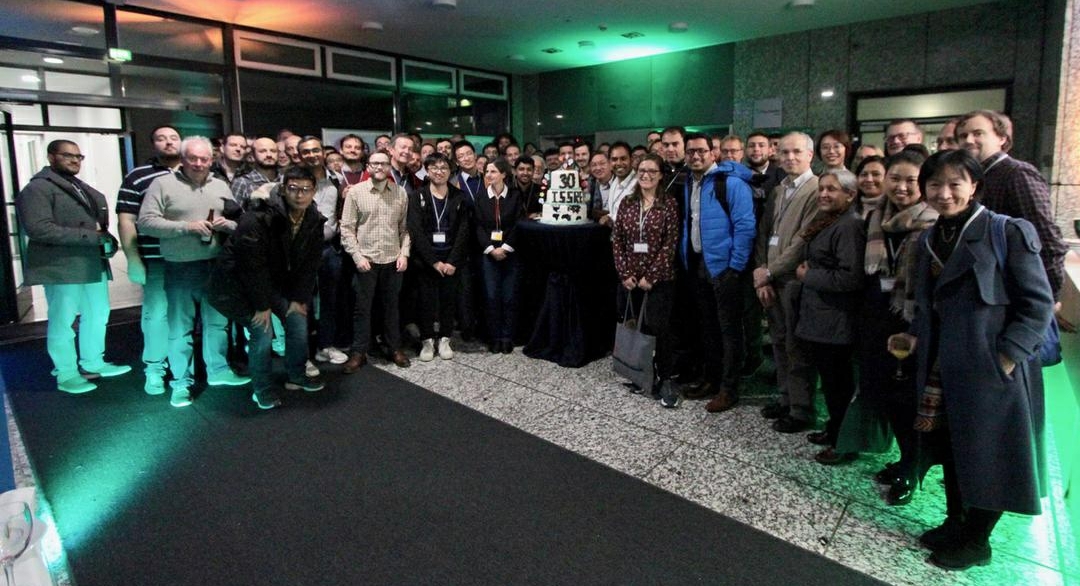
Figure 3. A part of the ISSRE community celebrating 30 years of the conference | © Louise Zepter
Conclusion
ISSRE was my first conference and I cannot wait to attend the next one, I have learnt a lot from it and I will use the next months to explore all the ideas that I got by talking with the Professors who attended it.
I highly advise PhD students to submit papers to conferences in order to get familiar with the process and to improve their papers with the help of the comments from the reviewers. Moving to future work that is less related to publishing, in the next blog post I will detail a Network Wide Event, which is another important source of feedback for PhD students. Stay tuned!
About the Author: Luca Vittorio Sartori
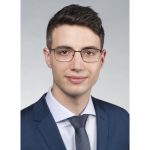 Luca Vittorio Sartori is an Early Stage Researcher at LAAS-CNRS in Toulouse for the MSCA ETN-SAS Project. He is interested in how to generate virtual worlds to maximize the coverage of critical test cases in simulation and how to improve the software testing of autonomous mobile robots. He has a background in automation engineering from Politecnico di Milano and research experience on metrology acquired at the WZL institute of RWTH Aachen University.
Luca Vittorio Sartori is an Early Stage Researcher at LAAS-CNRS in Toulouse for the MSCA ETN-SAS Project. He is interested in how to generate virtual worlds to maximize the coverage of critical test cases in simulation and how to improve the software testing of autonomous mobile robots. He has a background in automation engineering from Politecnico di Milano and research experience on metrology acquired at the WZL institute of RWTH Aachen University.
